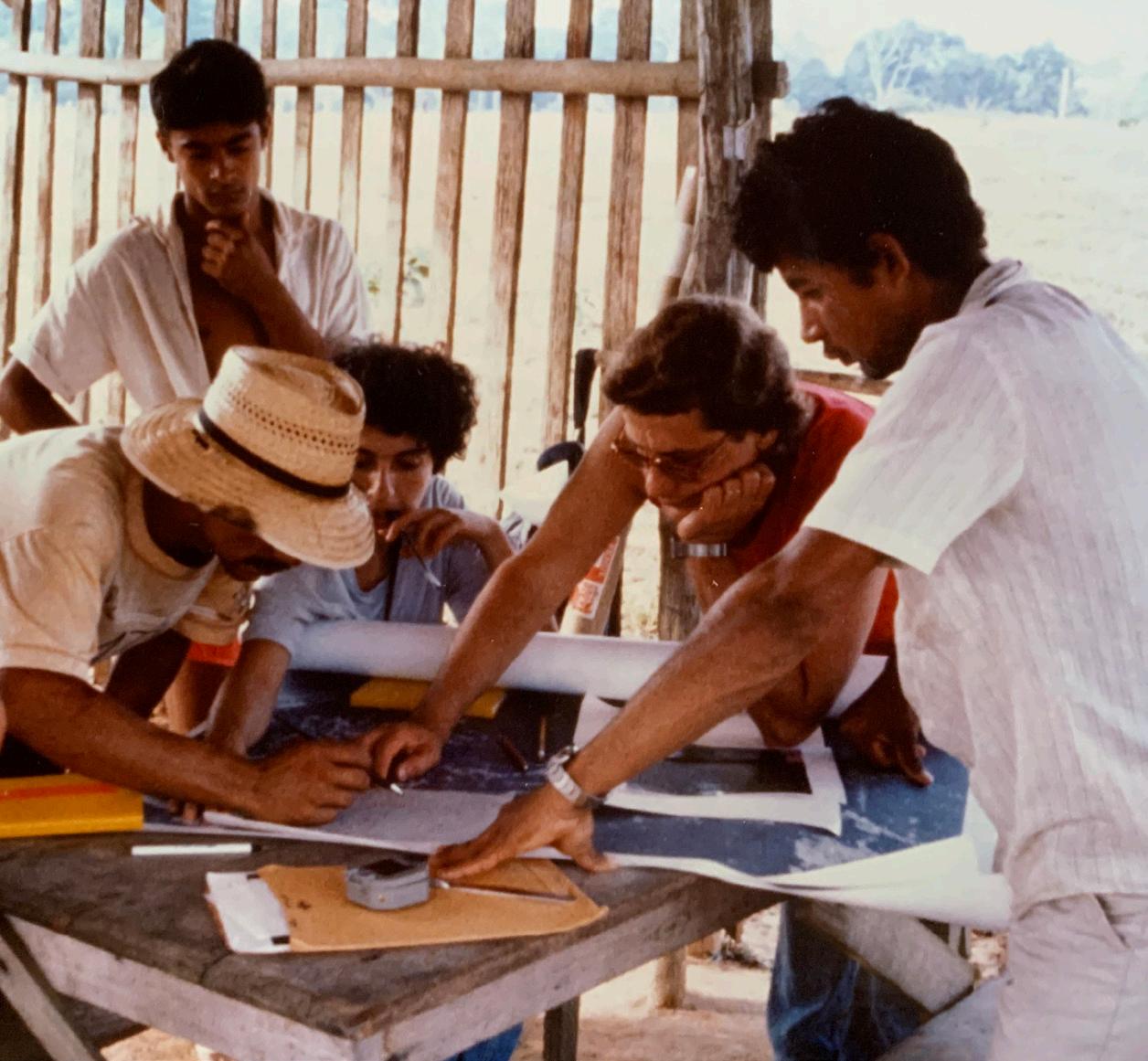
2 minute read
Renowned research organization came from humble beginnings
Miles Grant Director of Publications & Media Relations
What’s now Woodwell Climate Research Center started small, first in George and Katharine Woodwell’s basement, and then in rented office space at Fisher House in Woods Hole.
“The core conviction was that ecology required a free-standing research program, free from the competition of biomedicine, commercial interests, agricultural development, industrial ambitions, and political hegemony. The focus should be global ecology in the age of global climatic disruption,” George Woodwell wrote of the Center’s beginnings on its 30th anniversary. “Buoyed by common-sense Katharine, [staff and supporters built] an institution around a core of principles pried with persistence from insights into the structure and function of units we called ‘ecosystems.’”
Drs. Foster Brown, Richard “Skee” Houghton, and Kilaparti Ramakrishna were among the Center’s earliest hires. Drs. Brown and Houghton are still on staff today. Dr. Ramakrishna went on to serve in a variety of roles with the U.N. and is currently Senior Advisor to the Executive Director at the Green Climate Fund.
“All the meetings included almost everyone. George would include everyone in the discussion and try to build consensus. It was not uncommon for staff meetings to run two hours,” said Dr. Houghton. “George talked through everything with Katharine, asking her advice on everything from presidential contacts to local letters to the editor. She was a steadying influence, as well as the institutional memory of the Center.” While the Center now has human resources, finance and development departments, Katharine served as administrator and ran much of the Center’s day-to-day operations. In the days before email, staff would receive Center updates from Katharine’s handdelivered printouts.
Scientist Paul Lefebvre joined the Center a few years after its founding. “I felt like I was taking a risk joining the Center because at the time it wasn’t a well-established organization and I didn’t expect to get hooked in. But the work was incredibly compelling, it felt like we were saving the world, and more than 30 years later, I’m still here,” said Lefebvre.
Among many other highlights over our 35year history, the Center led the establishment of the World Commission on Forests and Sustainable Development. Drs. Houghton and Ramakrishna were part of the team of IPCC scientists that shared the 2007 Nobel Peace Prize. And the Center was ranked as the world’s #1 climate change think tank by the International Center for Climate Governance four years in a row. As the Center turns 35, with a large campus and 70-person staff in several countries, our world-leading research and education continues to grow, helping individuals, communities, and nations understand the realities of climate change, recognize the impact it is having everywhere on our planet, and embrace the urgent action needed to safeguard the future of life on Earth.

Previous page: Staff of WHRC in the late 1980s. Left to right are Tom Stone, Foster Brown, George Woodwell, Walter Matherly, Katharine Woodwell, and Skee Houghton. Above: WHRC collaborator Leda Luz and visiting scholar Ivan Pires, third and fourth from left, working with colleagues in Acre, Brazil in 1990.











